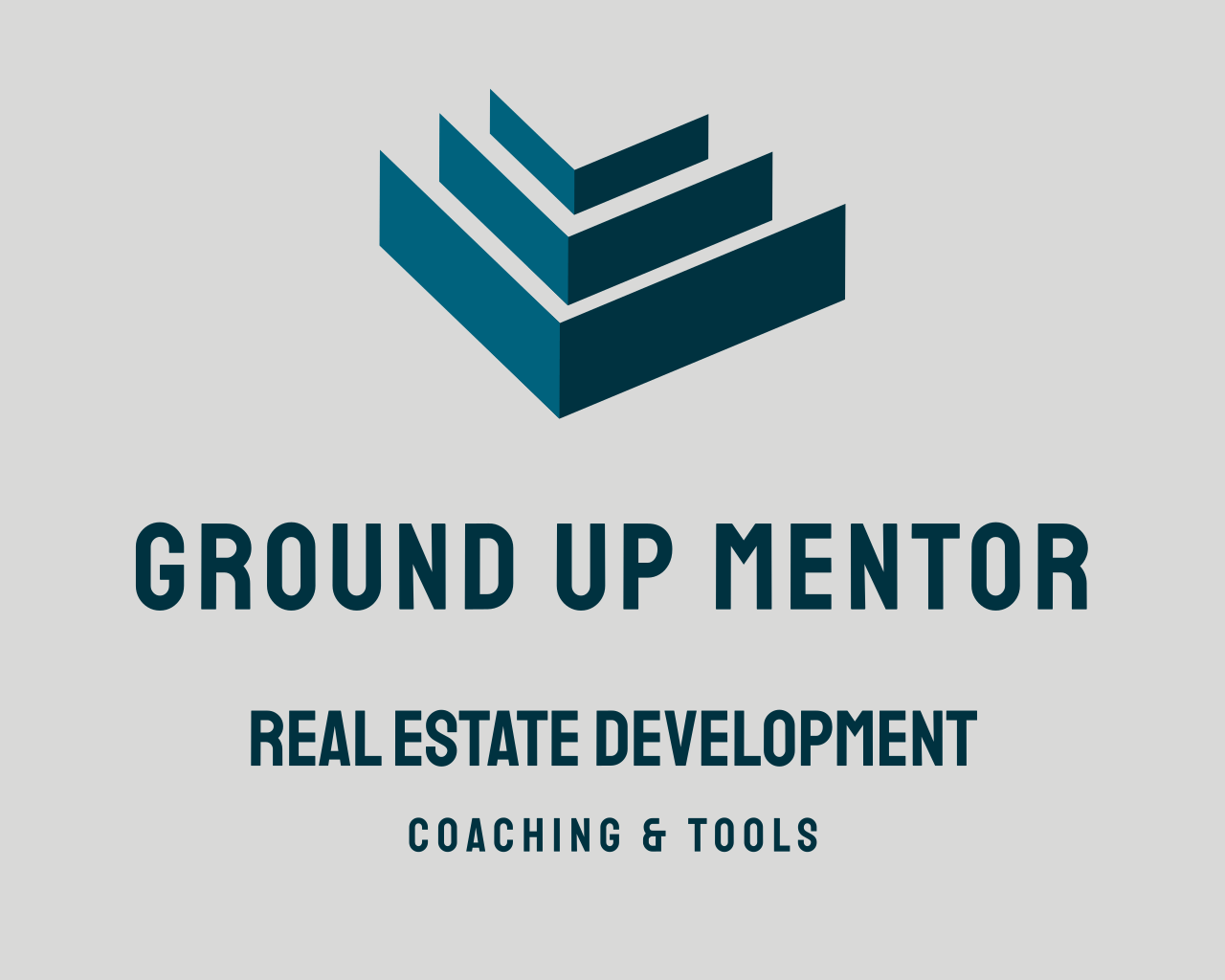FINANCIAL LITERACY
As a mentor in the field of commercial real estate, I want to emphasize the importance of financial literacy in this industry. Understanding the language, metrics, and underwriting involved in ground-up development is the first step in executing a successful project. That's why I've created this course to provide the foundational information and tools you need.
I want you to know that the language of development is universal, regardless of asset type or location. It's essential to speak the vernacular of each team member and understand each player's role in the process. You'll learn the terms and metrics used in this industry, including Op EX, NOI, and Capitalized Value. These concepts have wide-ranging applications in business, finance, and industry.
Underwriting a ground-up development requires putting these language and metrics into practice. You'll need to understand the project value, cost, capital stack, and performance. That's why I've included the pro forma tool that I personally use to vet projects. It will walk you through the development process and help you understand how metrics work together. I have taken the pro forma to a new level as a teaching tool by adding comments, definitions and applications to many of the pro forma line items.
I want to emphasize the importance of education and experience in this industry. Capital is one of the biggest barriers to entry, but experience can help solve that problem. That's why I've shared my 55 years of development experience with you. Through this course, you'll gain the information, skills, and experience you need to succeed in this field.
I also want to stress that our pro forma tool is different from other analysis tools available on the market. Most are created by computer science grads or loan underwriters, but our tool is entirely centered on the developer's perspective and process. It provides a unique perspective that you won't find anywhere else.
In conclusion, I want you to understand that financial literacy in commercial real estate is crucial. The knowledge and skills you gain through this course will give you a solid foundation to succeed as a developer.
The common language of development is used for all types of commercial real estate assets worldwide. This language includes a variety of terms and involves multiple professions and trades. As a developer, it's essential to be familiar with this language to have a basic understanding of each player's role in the development process.
The application of metrics is crucial in determining the highest and best use of a property, which is the first priority in the development process. To achieve this, you need to understand project value, cost, capital stack, and performance, which can be determined using a robust pro forma. The pro forma provided in this course will teach you how to use the tool and show you how metrics interrelate with each other. It will also guide you through the development process itself.
Click Here For More Info On Pro Forma
What you Get: Information, Skill, Experience: The Two Greatest barriers to entry to becoming a developer are Experience and Capital. The Former typically solves for the Latter. The path to Experience begins with Education, applying the information learned and building skills with that action.
I’m here to share my 55 years of development experience with you. I have spent the better part of a year creating and refining the pro forma used as a reference and analytic tool. You will receive a series of videos that explain language and metrics. Videos will also walk you through how to use the pro forma and how to conduct a Highest and Best Use analysis.
There are many resources available that offer real estate analysis tools including ground-up pro forma models. Almost all of them are made by computer science grads and folks that worked for loan underwriters.
None of them come from anyone that has had one hour of development experience, which accounts for the fact that their products DO NOT follow or teach the development process. Comparable pro formas are investment oriented our tool is entirely centered on the developer’s perspective and process.
